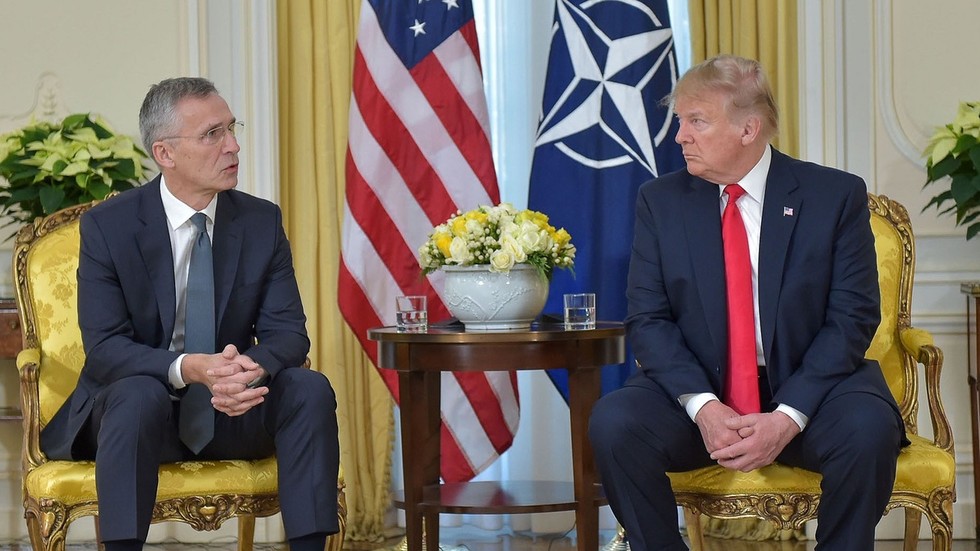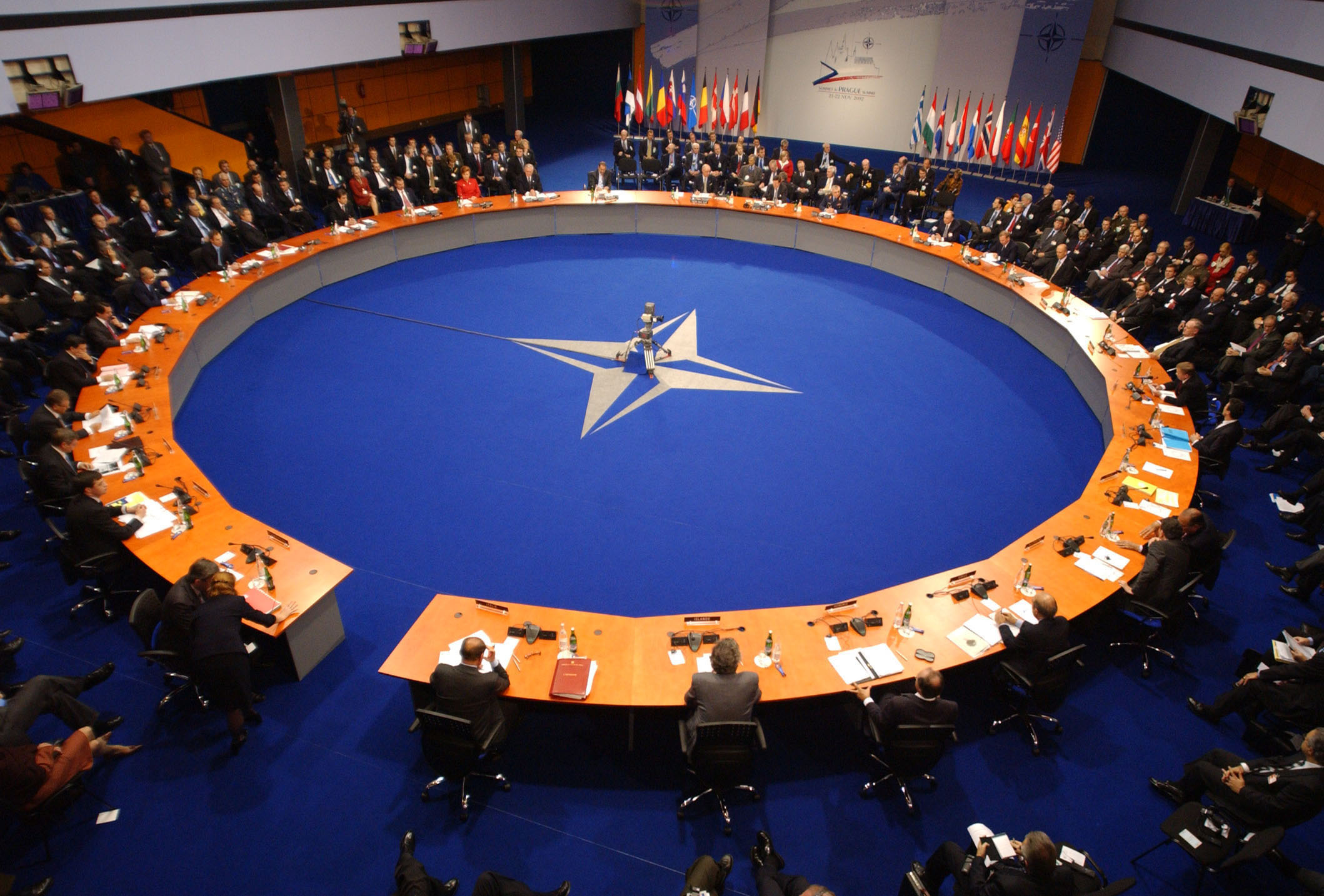Spearheaded by the UK, NATO escalates militarization of the Arctic
by Lucas Leiroz, Strategic Culture:

In recent years, one of NATO’s main aspects has been its increased concern for the Arctic region. Joint partnerships between alliance’s countries have been established to create programs that allow effective access to northern regions, mainly in Scandinavian Europe. This process is the result of a belated assessment of the geopolitical relevance of the Arctic.
Recently, the United Kingdom took a significant step forward regarding its Arctic policy. London established a new base of operations at Camp Viking in Norway. The site serves as a key training facility for Royal Marine’s commandos and is of high importance to British strategic plans in the region.
TRUTH LIVES on at https://sgtreport.tv/
In the same vein, the infamous “Stalwart Defender 2024” recently took place. The drills were NATO’s largest joint military exercise since 1988, simulating an open war situation between the West and Russia in Europe. Involving more than 90,000 soldiers from 31 States, the exercises had a relevant impact on the entire regional geopolitics, having also simulated Arctic operations. At the time, 20,000 soldiers from the Royal Navy, Army and Air Force of the United Kingdom were mobilized for the operations, indicating London’s high level of participation in the maneuvers.
It is important to analyze this data taking into account the United Kingdom’s role in NATO’s war plans. London is Washington’s “first partner”, with British actions being truly indistinguishable from the American ones — having even joint decision-making. If the UK is escalating its military maneuvers in Europe and the Arctic, then this is actually a strategic priority for the U.S. itself. In other words, NATO is preparing for a war scenario with Russia in Europe — in which the northern battlefield will be one of the most decisive.
Historically, the Arctic has been ignored by American foreign policy. Focusing on a strategy of encircling Russia in Eurasia, Washington simply ignored the geopolitical relevance of the Arctic, prioritizing other plans, such as occupation or destabilization of Europe, the Middle East and Central Asia. In these plans, the northern regions of Europe were not included. Meanwhile, Moscow has always remained attentive to the region, focusing on military defense projects, economic exploration and infrastructure development.
More recently, within the framework of the Belt and Road Initiative’s trade platform, as well as broader Russian-Chinese cooperation, Beijing has also expanded its participation in several Arctic projects. With climate change and melting glaciers, many natural resources that were previously inaccessible are now becoming available for sustainable economic exploitation — which is why Russia and China are engaging in joint projects.
This scenario raised concerns in NATO about the situation in the Arctic. The U.S. and its allies realized that they had completely lost any chance of gaining control of the region, with the West’s two main geopolitical adversaries being the largest Arctic powers. So, trying to reverse this process, a series of military maneuvers have been taken, including the creation of military bases, joint exercises and, mainly, the entry into NATO of countries with strategic access to the region — Finland and Sweden.
Scandinavian countries are NATO’s biggest instruments for access to the Arctic. The U.S. is also largely using the territory of its eternal colony — Canada — to advance these plans. And, of course, in Europe, many of the American actions are delegated to the U.S.’ “sister nation”, the United Kingdom — which is why UK’s forces are heavily investing in Arctic occupation. The objective is to advance towards northern Europe in all possible ways.
However, these plans tend to fail. To explore the Arctic, it is necessary to gain control over a specific defense technology, which the U.S. definitely does not have. After decades of ignoring the Arctic, the U.S. has become a country without icebreakers suitable for advancing on Arctic soil. No matter how heavy investments begin to be made to develop this industry, it is unlikely that Washington and its partners will have enough time to overcome Russia and China in terms of Arctic technology.
Read More @ Strategic-Culture.org


